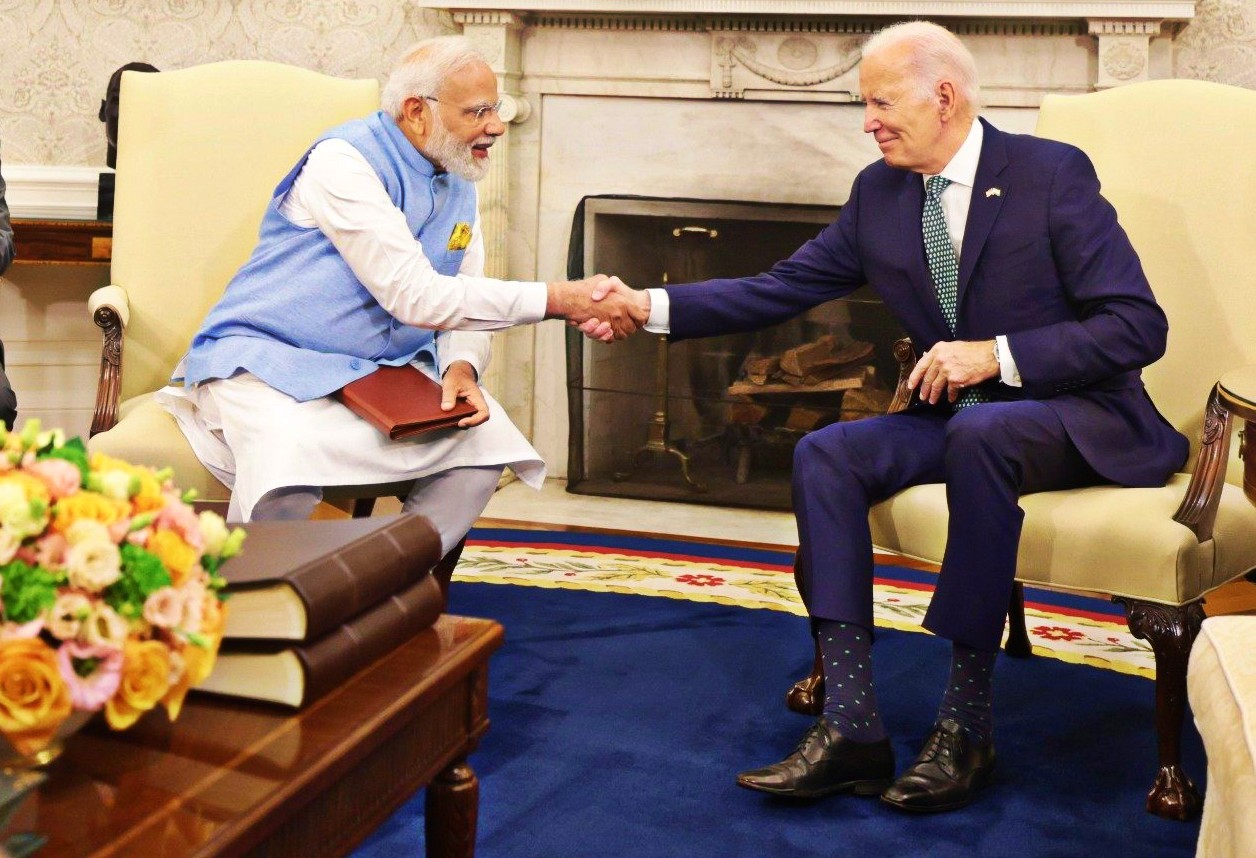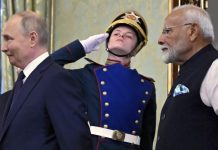Before finally deciding to skip the two-day (9-10 Sept) G20 summit in New Delhi, Chinese President Xi Jinping’s spokespersons kept media outlets guessing what the President was going to do.
Two days earlier, Reuters reported that a senior government official from India had confirmed that “we are aware that the premier will come in place of Xi”
In China, two foreign diplomats and a government official from another G20 country said Xi will likely not be traveling for the summit. Two of them said they were informed by the official sources in China, but they were not told the reason for Xi’s absence.
However, Indian sources tried to reduce the impact of Xi’s absence by generalizing the phenomenon. “In today’s world with so many demands on the leaders’ time, it is not always possible for every leader to attend every summit,” one of the sources was quoted by PTI.
However, the Indian officials did not touch on two developments in this context. First is that President Xi will also skip the ASEAN (Association of Southeast Asian Nations) and East Asia summits in Jakarta next week, which PM Modi will be attending in person.
The second is that apart from Jinping, Russian President Vladimir Putin has already conveyed to Prime Minister Narendra Modi his decision to not attend the summit in person as he has to focus on the “special military operation” in Ukraine.
Russia (and China also) had objections to two paras of the BRICS resolution casting aspersions on Russia for the Ukrainian war. Now China has made it clear that she will not give due consideration to G20 resolution (s) if the Russian stand on the Ukrainian war is not given space.

In the meanwhile, a White House spokesman says that President Biden hopes Xi will attend the summit. Anticipation of a meeting between Xi and Biden had been fuelled by a stream of top US officials visiting Beijing in recent months, including Commerce Secretary Gina Raimondo earlier last week.
There is more than what meets the eye in Xi’s absence from both events. Firstly, in the rare meeting between Xi and PM Modi on the sidelines of the BRICS meet in Johannesburg, South Africa (22-24 August), Modi is reported to have bluntly told Xi that the border dispute between the two countries needs to be resolved without loss of time only through dialogue.
It has to be noted that soon after his return from South Africa, Beijing issued a clandestine map in which Arunachal and parts of Eastern Ladakh are shown as Chinese territories.
India lodged a strong protest, and interestingly, for the first time, the US and many more countries expressed displeasure on China’s act of intransigence. Beijing’s nonchalant response that India should not overinterpret the map controversy convinced many across the globe that China was used to the policy of sword-rattling in the Himalayan border line as in Taiwan.
Xi’s absence is deeper than just trying to snub India by declining to participate in the summit. Farwa Aamer, director of South Asia Initiatives at the Asia Society Policy Institute (ASPI) in New York, made the apt remark on the subject that “Xi skipping the summit could be read as China being reluctant to cede the center stage to India.”
We need to recollect that in the BRICS summit in South Africa, PM Modi strongly pleaded for proper space in the international fora like G20 to the voice of the African Union. He has admittedly made a place for India to be the mouthpiece of the Global South.
The soft-landing of Chandrayaan-3 on the southern pole of the moon on 23 August, followed by the Sunday success of ISRO in launching the LI spacecraft into the orbit of the sun to explore its secrets, have established India’s status as a major space power.
India’s rising GDP in the neighborhood of 7.8 percent, the ambition of securing India the status of world’s third economic power, and finally, India winning the goodwill of the West Asian, African, and South East Asian countries, all put together, pose a serious challenge to China’s hegemonic style of functioning particularly when its R&B Initiative is in doldrums and its economy faced with serious recession.
The emergence of India as a great harmonizer of science and spirituality, cooperation, not confrontation, is a red rag to the Chinese bull. It had become intolerable for Xi to know that President Biden was traveling to New Delhi a day ahead of the G20 summit only to have a one-to-one exchange of ideas with the host PM Modi.
All this narrative has also to be viewed in the background of China feeling its superpower status under pressure through various maneuverings like G20 and, therefore, it is its lurking desire to see the G20 Summit faced with complicacies.
In the meanwhile, the opposition front within the country (I.N.D.I.A.), reported to have Chinese blessings, has become proactive at various fronts within and outside the country.
- KN Pandita (Padma Shri) is the former Director of the Center of Central Asian Studies at Kashmir University. Views expressed here are of the author’s.
- Mail EurAsian Times at etdesk(at)eurasiantimes.com




